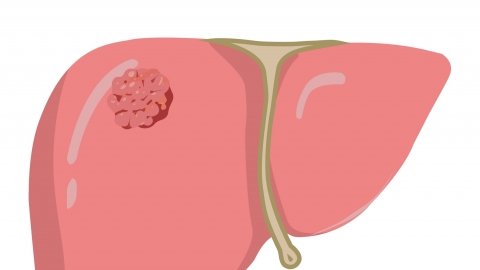Why is long-term monitoring necessary after liver cancer surgery?
Generally, long-term monitoring is required after liver cancer surgery, primarily due to the risk of recurrence, the need to assess liver function recovery, monitor treatment side effects, detect metastatic lesions early, and understand the patient's overall health status. Failure to conduct regular postoperative monitoring may delay timely intervention. The specific reasons are as follows:
1. Risk of Recurrence
After liver cancer surgery, some cancer cells may remain in the body and could regrow into tumors months or even years later. Long-term monitoring, including imaging studies and tumor marker tests, can help detect early signs of recurrence, allowing more time for subsequent treatments.

2. Assessment of Liver Function Recovery
Surgery causes certain damage to the liver, which needs time to gradually restore normal function. Regular monitoring of liver function indicators helps track metabolic and detoxification functions. Any abnormalities can prompt timely adjustments in treatment or care strategies.
3. Monitoring Treatment Side Effects
Some patients require adjuvant therapies after surgery, which may cause side effects such as gastrointestinal discomfort, liver injury, or hematologic abnormalities. Continuous monitoring allows early detection of these side effects, preventing their worsening and supporting dose or regimen adjustments by physicians.
4. Early Detection of Metastases
Liver cancer can spread via blood or lymphatic systems to other organs such as the lungs or bones, and the risk of metastasis persists after surgery. Whole-body imaging during long-term monitoring can identify metastatic lesions at an early stage, preventing disease progression and increasing treatment complexity.
5. Understanding Overall Health Status
Patients with liver cancer often have underlying conditions such as cirrhosis or chronic hepatitis, which may affect recovery or trigger complications after surgery. Ongoing monitoring enables evaluation of how well these baseline diseases are controlled and provides a comprehensive view of the patient’s health, supporting integrated management.
Postoperative Daily Care Recommendations:
Strictly follow medical advice and attend scheduled hospital check-ups; do not reduce monitoring frequency without consultation. Maintain a regular lifestyle and avoid staying up late or overexertion. Eat a light, easily digestible diet, minimize intake of greasy and spicy foods, and abstain from smoking and alcohol to reduce liver burden. Seek immediate medical attention if symptoms such as abdominal pain, jaundice, or sudden weight loss occur.





